Plants
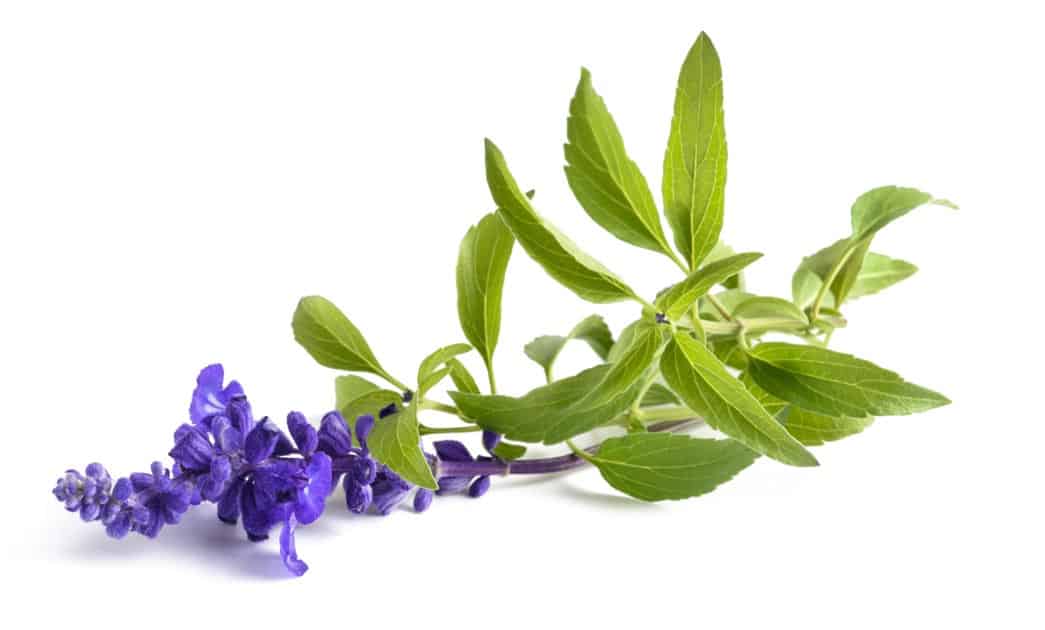
Sage
Salvia, derived from the Latin ‘salvare’ means ‘to save’:
predestined for good things
Sage, which was considered a sacred plant by certain
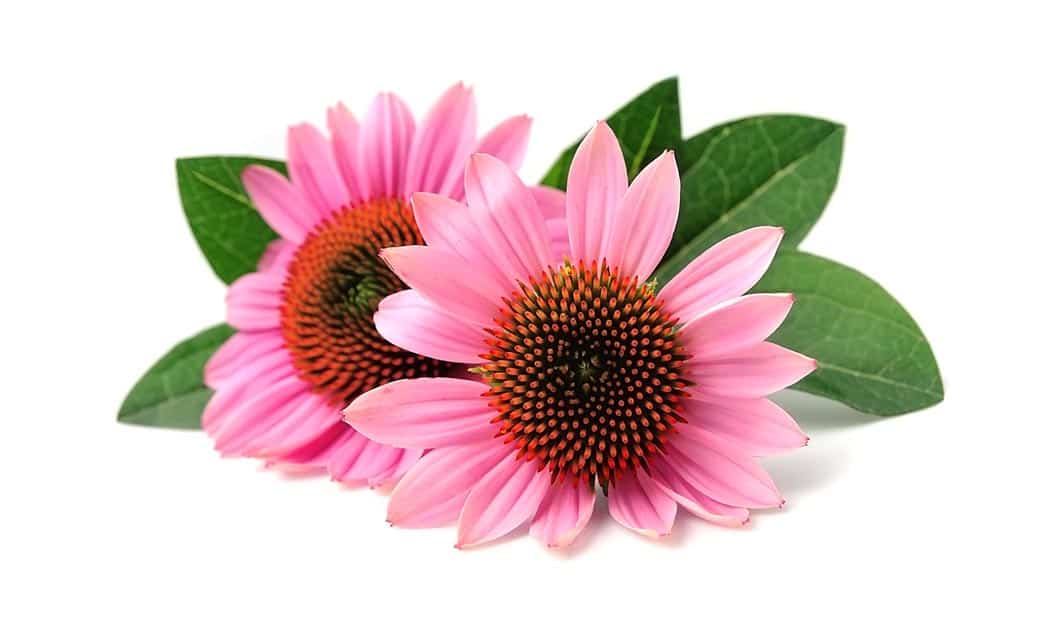
Echinacea
An immense source of richness in such a small plant
Echinacea was used by North American Indian healers to treat wounds, sore throats, aches and pains, chills and coughs. A course of echinacea treatment is often recommended at the onset of winter to fortify the immune system. Recognised for its cicatrising and disinfectant qualities, echinacea has become a staple of herbal medicine, used in many treatments.
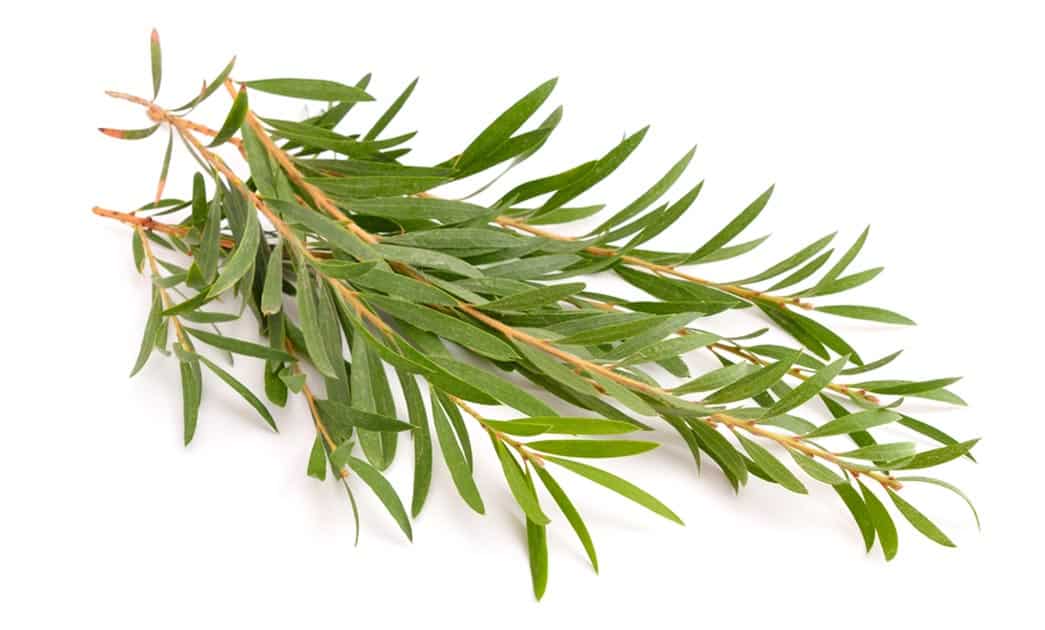
Tea Tree
Indispensable for all travellers’ pharmacies
Long-used by the Aborigines for its numerous therapeutic properties, the tea tree has only recently become known in Europe. Research has shown that it is a powerful anti-infectious and anti-viral agent. This plant also acts on the immune system, and reinforces it. Its essential oil is irreplaceable. It deserves to be included in all travellers’ pharmacies, whether for bucco-dental hygiene, local disinfection, skin care or for oral administration.
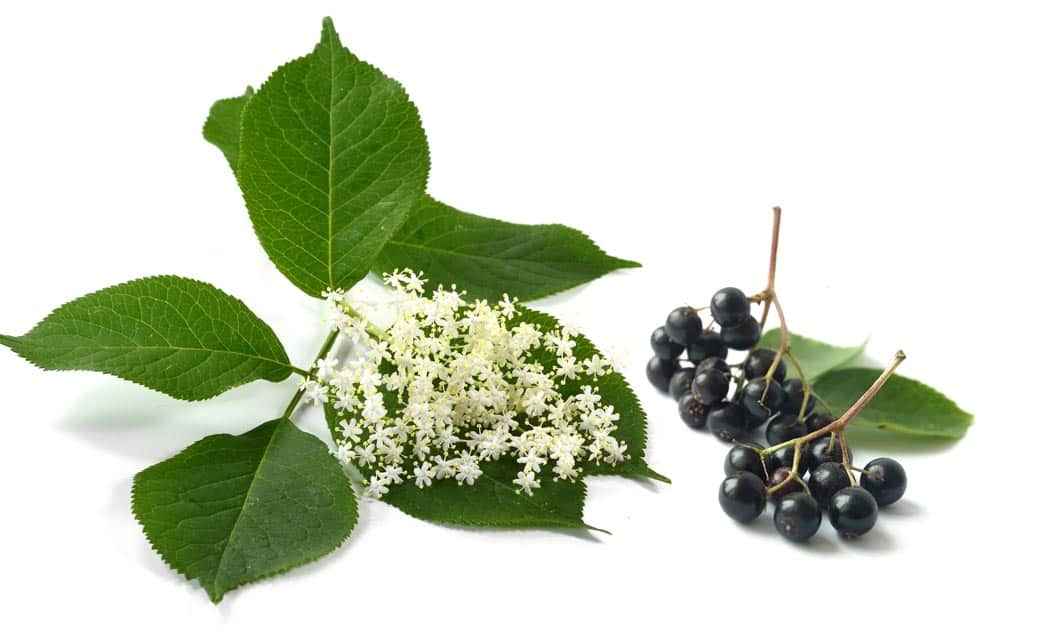
Elder Flowers
A real ‘travelling pharmacy’
Throughout Europe, its expectorant, diuretic, anti-fever and anti-inflammatory properties are well known. This commonplace and abundant plant has often been described as ‘a travelling pharmacy’, thanks to its countless therapeutic and prophylactic qualities. In spring, it is used to purify the body from the toxic substances it has accumulated during the winter. The elder is a plant our grandmothers always had close by, whether for pleasure or for therapeutic use.
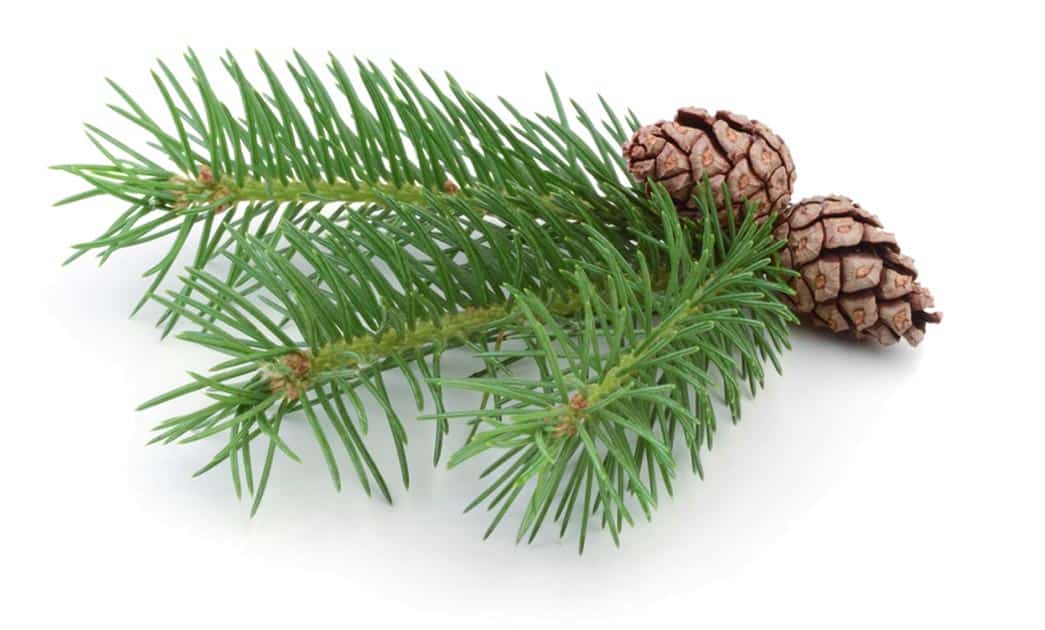
Scots Pine
The little-known benefits of such a familiar tree
It has a soothing, soft, yet spicy fragrance. Its action is refreshing and energizing. The essential oil of Scots pine is a boon for the respiratory tracts. It is also highly regarded by herbalists for the precious substances contained in its buds, also called ‘pine buds’. In addition, it is known as a cleansing and detoxifying agent for habitual smokers.
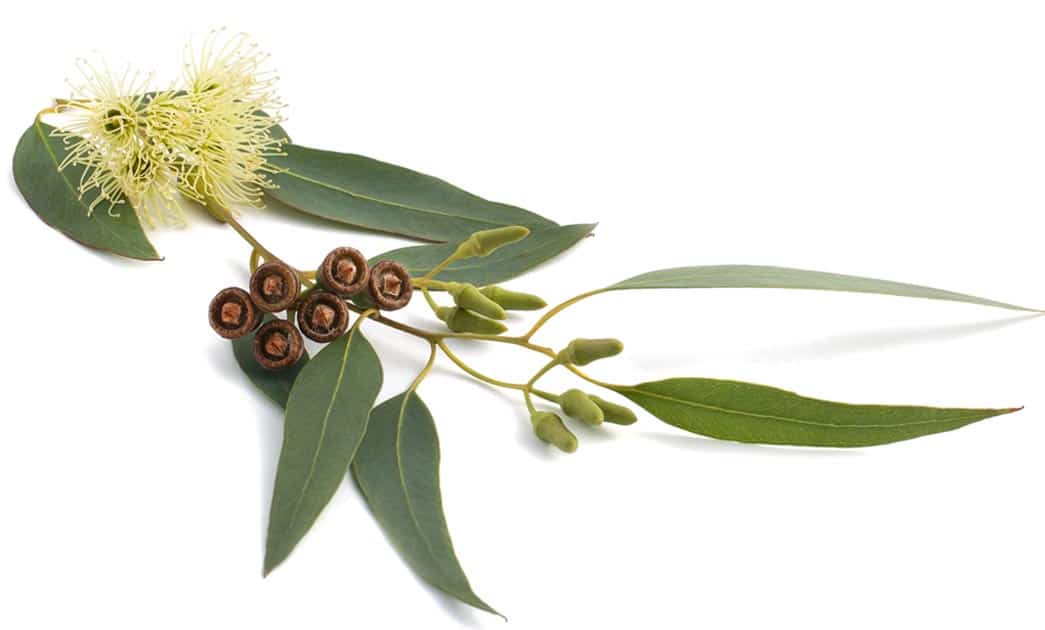
Eucalyptus
Eucalyptus: inhale as much as you like!
Eucalyptus, a native of Australia, has always been used by the Aborigines as a cicatrising agent and also as a means of treating feverish states. Ever since it appeared in our part of the world, whenever an influenza epidemic broke out, eucalyptus was boiled day and night so that its disinfecting properties would vaporize and disperse into the air. It is also said that its strong, refreshing smell facilitates concentration.
